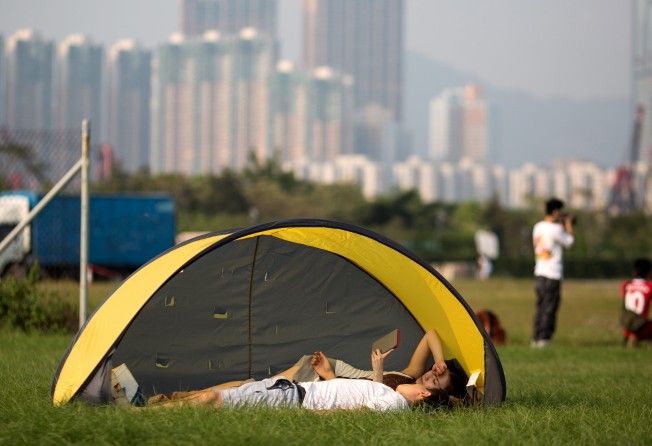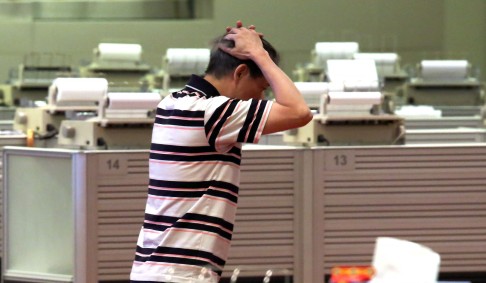Give us a break: Hong Kong needs to limit working hours if it's serious about making people's lives better
Alice Wu says since other economies have benefited from regulating working hours, there's no reason why we can't too, despite alarmist warnings about the adverse economic effects

Robert Owen, the man who coined the slogan "Eight hours' labour, eight hours' recreation, eight hours' rest", demanded a 10-hour workday more than 200 years ago. By 1817, he was demanding eight-hour days. Maybe we shouldn't be so shocked to hear that Sweden has recently adopted the six-hour workday.
It may be true that Sweden is a very different place from, say, Hong Kong, where a quarter of the workforce put in, per week, an average of 51 hours or more, according to the Standard Working Hours Committee. It is also true that this is not the 1800s.
Coming back to modern times, let's not forget that our neighbours - Japan, Singapore, South Korea, Malaysia and Taiwan, among others - have already adopted an eight-hour working day while we drag our feet.
The latest committee report threw up some scaremongering numbers crunched by government economists. They include projections of more than 34,000 jobs lost among those who earn HK$15,000 or less a month, a 2 percentage-point increase in inflation, and up to 7,000 now-profit-making companies going into the red if we adopt a 44-hour working week.
Perhaps the most damning words were: "If manpower shortage turns even more acute, Hong Kong's longer-term economic development would be inadvertently affected."
Telling people who are barely making enough, working night and day, that they may be looking at unemployment is scary. Telling businesses that they may not make a profit is scary. Runaway inflation is scary for everyone and maybe that's why number-crunchers always throw that threat in our faces.
It's the same song and dance, really, every time the minimum wage issue comes up. And yet, they have admitted there was no telling how the implementation of a minimum wage drove up inflation. The truth is, food and rent are far greater inflation drivers. So for a really good scare, they threaten our long-term economic development.
How well these number crunchers have served our financial secretary: these are the same people who have been estimating - infamously underestimating, to be exact - Hong Kong's budget surpluses, year after year.

While those budget surplus figures have become something of a joke, perhaps it is time for the researchers at the Economic Analysis and Business Facilitation Unit to understand, once and for all, that they simply cannot ignore their social conscience. While they are responsible for looking at different aspects of this city's economic performance, they must also keep in mind its tremendous impact on the actual well-being of Hongkongers.
A persistently overworked and underpaid workforce will be affecting long-term economic development in every aspect, and we don't need economists to tell us that. Miserable, anxiety-prone, sleep-deprived people put their own health and economic productivity at risk. Workers' health is important for the bottom line.
People seek a better work-life balance because there aren't enough hours in the day for them to live.
Many economies have made standard working hours work. There is no reason why Hong Kong cannot, either. Productivity, and hence, profit, can soar when workers make a good living and still have time to do what they enjoy doing, with people they love, and do so in good health. It's not just about working hours and liveable wages. If we are serious about making life better, we have to look beyond number-crunching.
People are not machines, and should not be treated as such.
Alice Wu is a political consultant and a former associate director of the Asia Pacific Media Network at UCLA